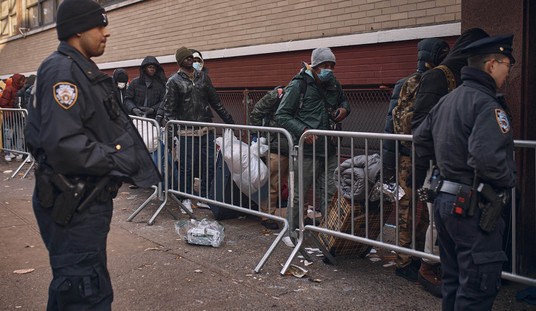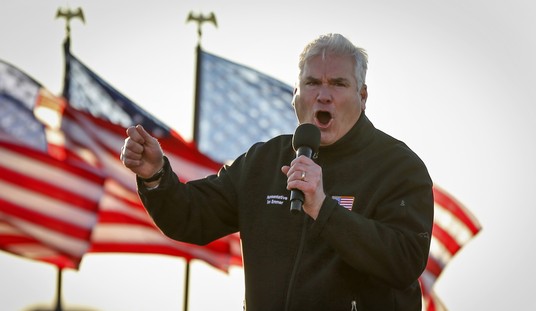Back when Russia first invaded Ukraine and the global economic war against Moscow kicked off, most of the major action in the United States was taking place at the federal level. But many politicians in quite a few states wanted to get in on the action. They quickly rushed out to hold press conferences where they pledged that their moral outrage would lead them to cut their own ties with Russia and take their money elsewhere. To their credit, a couple of states moved quickly to do just that. Some sold off Russian bonds that they held or divested some of their agencies from Russian banks. But a recent Associated Press investigation found that examples like those were few and far between. More than six months later, most of the states making such promises haven’t made any significant reductions in their Russian holdings. And many of the governors who initially promised to do so haven’t uttered a peep about the matter since.
Driven by moral outrage over Russia’s invasion of Ukraine earlier this year, U.S. governors and other top state officials made it clear: They wanted to cut their financial ties with Russia.
A few states quickly followed through. Idaho sold $300,000 of bonds in a Russian oil company in early March. A day before the invasion, the Kentucky Teachers Retirement System sold its shares in the Russian bank Sberbank.
But those examples are outliers. Six months into a war that has killed thousands of Ukrainians and displaced over 12 million more, most of the pledges to drop Russian investments — some made with great fanfare during news conferences — have gone unfulfilled, according to an Associated Press review, state retirement administrators and firms that invest state funds.
Some of those who failed to follow through had legitimate excuses. In short order, many of the major global banks shut off all interactions with Russian interests. Some fund managers in American states literally couldn’t find a financial entity with the ability to interact with the Russian funds and request the changes.
But for many others, the opportunity existed but the will did not. One respondent said that many state pension funds want to divest from those Russian assets, “but it’s just not realistic to sell everything in the current environment.” In other words, they would lose money if they divested now. So there is apparently a price associated with moral outrage and principles, and it was too high for many to pay.
California’s CalPERS retirement fund had a small but measurable set of investments in Russia worth a total of $765 million in stocks, real estate and private equity. Now those investments are worth $194 million, but not because they divested. They never sold off any of that equity. The value crashed because the Russian economy collapsed and the investments lost most of their value.
During that same period, New York Governor Kathy Hochul signed an executive order calling for divestment “to the extent possible.” As it turns out, not very much was possible. Maryland didn’t do much better. The state’s retirement and pension system funds had $197 million invested in Russian assets. They weren’t able to unload any of it and it’s now worth barely ten percent of its former value.
These stories were repeated across the nation. Idaho and Kentucky were the only states that seemed to manage any significant levels of divestment. And Russia is still somehow alive and kicking economically. That situation may not last forever, perhaps not even through the end of the year. But the ecomic war obviously didn’t bring Russia to its knees as hoped or anticipated.







Join the conversation as a VIP Member